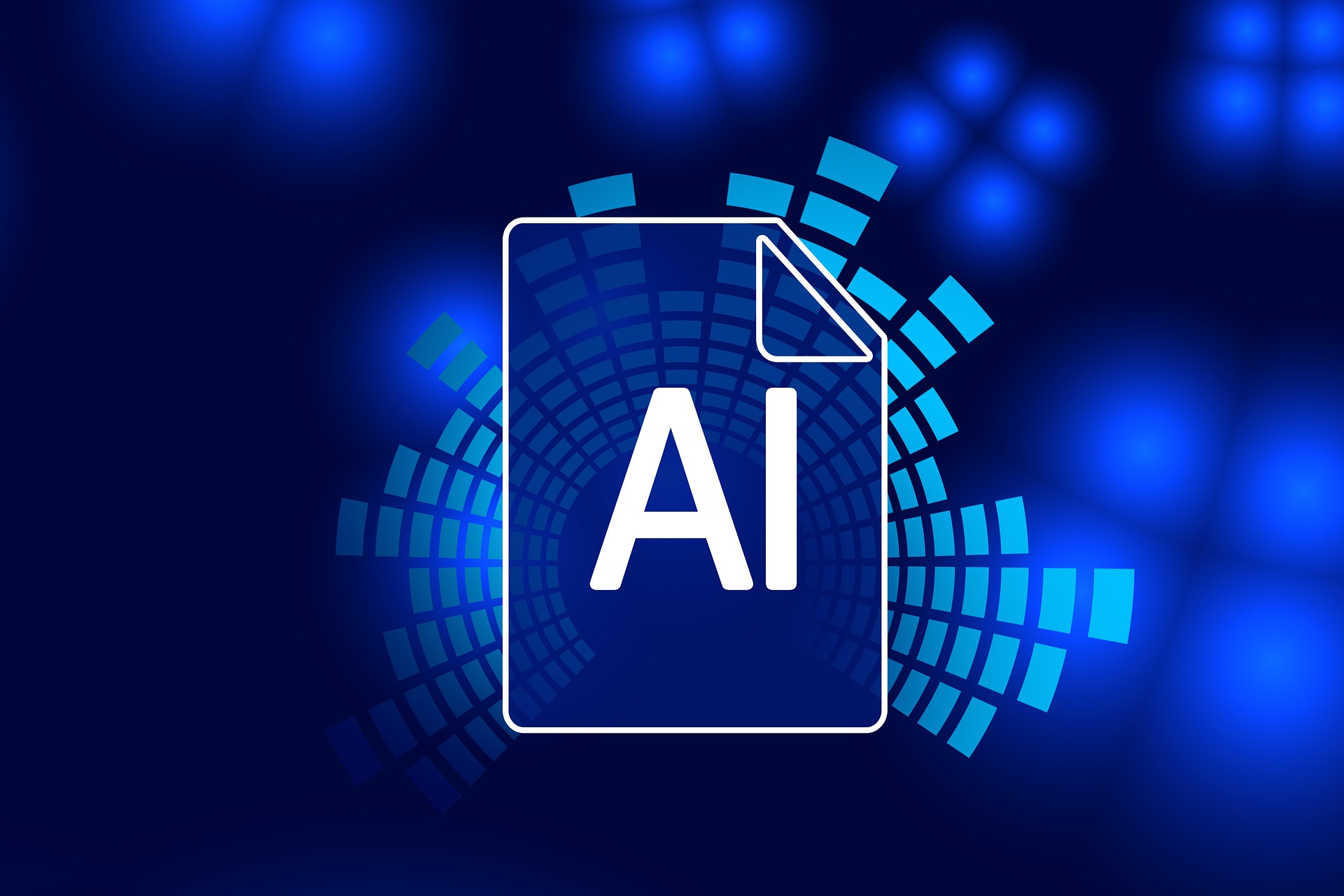AI integration in fleet management leverages advanced technologies like machine learning, predictive analytics, and automation to enhance operational efficiency and safety. Fleet and transport managers face numerous challenges, from optimizing routes to ensuring vehicle maintenance.
Understanding the advantages and drawbacks of AI is crucial because it allows you to make informed decisions impacting your fleet’s performance and cost-effectiveness. Weighing the pros and cons can help you better navigate the complexities of AI implementation. It ensures it aligns with your specific needs and maximizes the benefits of your operations.

Image by Gerd Altmann from Pixabay
Pros of AI in Fleet Management
Embracing AI in fleet management offers numerous benefits that can transform your operations. Here are three advantages highlighting why AI is becoming indispensable in this industry.
- Improved Efficiency and Productivity
Automating routine tasks like scheduling and route planning is a game-changer for fleet management, especially as you face challenges recruiting and retaining the next generation of drivers. Current issues such as driver shortages, fluctuating fuel prices and the need for timely deliveries put immense pressure on your operations.
AI can address these problems by reducing idle time and improving resource utilization, ensuring your fleet runs smoothly and efficiently. Leveraging AI can streamline operations and focus on strategic decisions to enhance fleet performance.
- Enhanced Safety
AI offers vital benefits in fleet management, including real-time monitoring and predictive maintenance. Just as AI systems can monitor cameras and recognize people or situations on construction sites, they can also be highly effective in fleet operations.
These systems continuously analyze vehicle performance and detect issues before they become costly problems to ensure timely maintenance. Additionally, advanced driver-assistance systems use AI to prevent accidents by providing real-time alerts. These factors enhance the safety of your drivers and reduce the risk of collisions.
- Cost Savings
Another significant advantage of AI in fleet management is reduced fuel consumption through optimized routes. The more information these systems have, the more accurate their predictions become, which allows precise route planning and minimizes fuel usage.
Additionally, AI-driven predictive analytics can foresee maintenance needs and help you address potential issues before they escalate. This proactive approach keeps your vehicles in top condition. It lowers overall maintenance costs, ensuring your fleet runs efficiently and cost-effectively.
Cons of AI in Fleet Management
While AI offers many advantages for fleet management, it also comes with challenges. Here are the three potential drawbacks you should consider before fully integrating AI into your operations.
- High Initial Investment
Significant upfront costs for AI technology implementation can be a primary concern. For example, large-scale AI projects can cost $500,000 and up. This investment can be incredibly daunting when managing an electric vehicle fleet, where AI is crucial in optimizing battery usage and route efficiency.
For smaller fleets, the potential for long ROI periods can make such substantial expenditures harder to justify. It’s imperative to weigh these costs against the long-term benefits AI can bring to your fleet management operations.
- Data Privacy and Security Concerns
The risk of data breaches increases with the extensive data collection AI systems require. In fact, 80% of data experts agree AI makes security more challenging. This means you must implement robust cybersecurity measures to protect the sensitive information your fleet generates and uses. Ensuring your data is secure is crucial to maintaining trust and avoiding costly breaches impacting your operations.
- Job Displacement and Workforce Resistance
AI integration can reduce manual jobs, which results in workforce pushback. Generative AI is now the second leading cause of job losses, following industrial and humanoid robots. Integrating these technologies into your operations may contribute to underemployment and unemployment rates.
You must invest in training and upskilling your existing staff to work effectively with AI systems. This approach helps retain valuable employees and ensures they are ready to handle the technological advancements within your fleet management operations.
Taking a Balanced Approach to AI Implementation
Adopting a balanced approach when integrating AI into your fleet management operations is crucial. Thoroughly evaluate your needs and circumstances to ensure AI implementation aligns with your goals and maximizes your fleet’s benefits.
Author: Evelyn Long, freelance fleet management writer.






